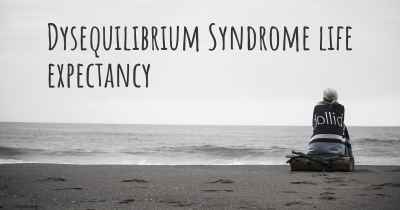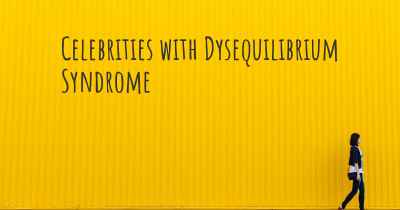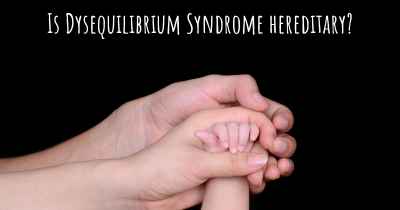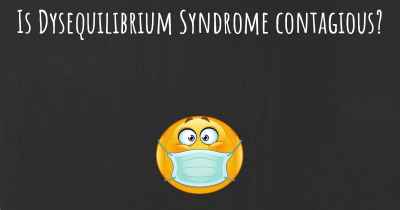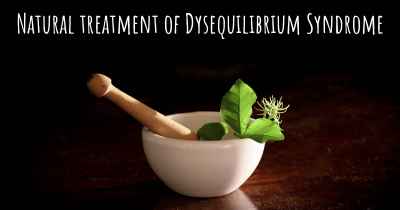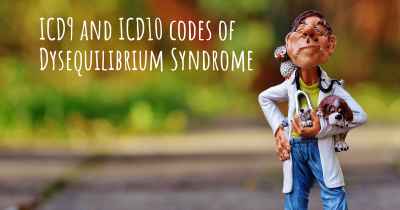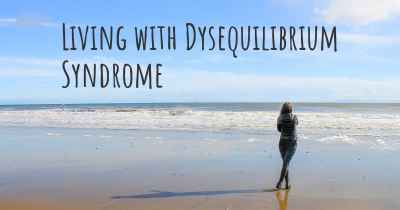What are the best treatments for Dysequilibrium Syndrome?
See the best treatments for Dysequilibrium Syndrome here

Treatments for Dysequilibrium Syndrome
Dysequilibrium Syndrome is a rare genetic disorder characterized by abnormal development and functioning of the cerebellum, the part of the brain responsible for balance and coordination. Individuals with this condition often experience difficulties with balance, coordination, and motor skills. While there is no cure for Dysequilibrium Syndrome, there are several treatments and interventions that can help manage the symptoms and improve quality of life.
Physical Therapy
Physical therapy plays a crucial role in the treatment of Dysequilibrium Syndrome. A skilled physical therapist can design a personalized exercise program to improve balance, coordination, and strength. These exercises may include activities such as balance training, gait training, and coordination exercises. Physical therapy can also help individuals with Dysequilibrium Syndrome develop compensatory strategies to overcome their difficulties and improve their overall mobility.
Occupational Therapy
Occupational therapy focuses on improving an individual's ability to perform daily activities and tasks. Occupational therapists can work with individuals with Dysequilibrium Syndrome to develop strategies and adaptations to enhance their independence and quality of life. This may include techniques to improve fine motor skills, coordination, and sensory integration. Occupational therapy can also provide recommendations for assistive devices and modifications to the environment to promote safety and accessibility.
Speech Therapy
Speech therapy can be beneficial for individuals with Dysequilibrium Syndrome who experience speech and language difficulties. Speech therapists can help improve communication skills, including articulation, fluency, and language comprehension. They can also address any swallowing or feeding difficulties that may be present. Speech therapy may involve exercises, techniques, and strategies to enhance speech and language abilities.
Medications
In some cases, medications may be prescribed to manage specific symptoms associated with Dysequilibrium Syndrome. For example, if an individual experiences tremors or muscle stiffness, medications such as muscle relaxants or antispasmodics may be prescribed. It is important to consult with a healthcare professional to determine the most appropriate medication and dosage for each individual's specific needs.
Assistive Devices
Assistive devices can greatly improve the mobility and independence of individuals with Dysequilibrium Syndrome. These devices may include canes, walkers, orthotics, or wheelchairs, depending on the individual's needs and abilities. Assistive devices can provide stability, support, and safety, allowing individuals to navigate their environment more easily and with reduced risk of falls.
Supportive Services
Supportive services, such as counseling and support groups, can be invaluable for individuals with Dysequilibrium Syndrome and their families. These services provide emotional support, education, and a platform for individuals to connect with others facing similar challenges. Counseling can help individuals and families cope with the emotional and psychological aspects of living with a chronic condition, while support groups offer a sense of community and shared experiences.
While there is no cure for Dysequilibrium Syndrome, a multidisciplinary approach involving physical therapy, occupational therapy, speech therapy, medications, assistive devices, and supportive services can significantly improve the quality of life for individuals with this condition. It is important to work closely with healthcare professionals to develop a personalized treatment plan that addresses the specific needs and goals of each individual.
